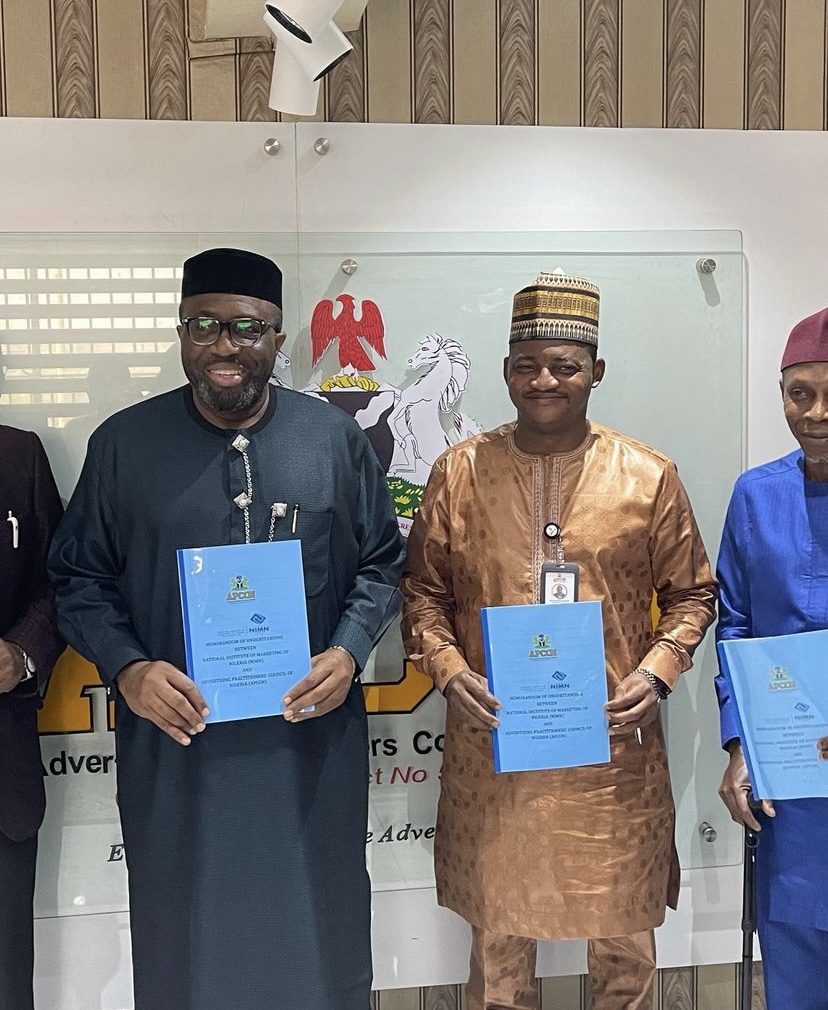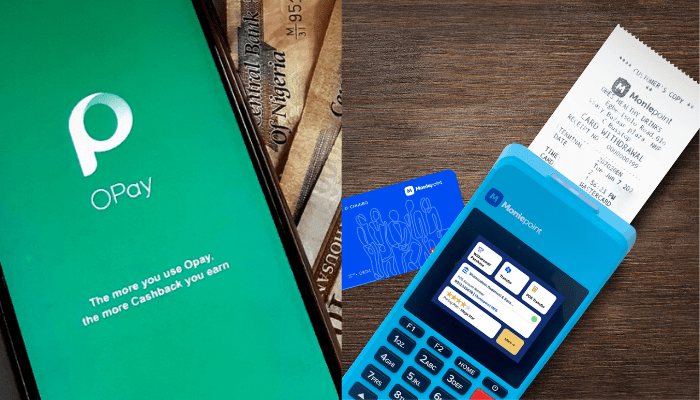As digitalisation continues to sweep through the advertising landscape, and as 5G finally gets real, agencies and brand owners are working their fingers to the bone to balance their real-world presence with digital experiences.
Ibrahim Aliyu, Chairman, Advertising Practitioners Association Abuja Chapter (APAAC) who made the above assertion, said that the advertising profession was about creativity and innovation radically driven by technological and digital trends. The trends, he noted, must be understood and followed if marketing communication practitioners would not be left behind.
Sharing his views with MARKETING EDGE during an exclusive chat on the sideline of the National Advertising Conference recently organised by Advertising Practitioners Council of Nigeria and other sectoral groups in Abuja, the APAAC boss advised practitioners to follow the trends, adding that marketers who wanted to survive the 21st century must adapt.
“I would advice everybody, including myself, to follow the trends; and the trends are technology, creativity and innovation. Anybody that wants to survive in the 21st century and beyond must adapt. Gone are the days when you just want to get multiple billboards, if you digitalise it, all you need is just to get individuals to create the designs and at the click of a button people get it in real time.
“With a digital board you can communicate to hundreds of thousands of consumers simultaneously and also in real time. The LED board is a very powerful tool; it’s an outdoor television that must be able to attract attention. It’s in the face of everybody, so, whoever is using it must use it to the fullest to serve the brands and service ideas,” he said.
Aliyu added: “I believe the world belongs to the digital age and bringing up this topic at the Confab shows that we are ready to be ahead. We just have to follow the current trends of digitalisation.”
Asked his position on the 120 days payment that multinationals are pushing down the throat of agencies and stakeholders, Aliyu suggested that government and relevant stakeholders should continue to talk until something was done, adding that there should be no rigidity in terms of payment.
“In a bid to raise IGR, Government has been putting pressure on agencies and outdoor companies to pay, and sometimes when clients and even multinationals give you brief, they don’t pay. They just give you media order and say 120 days. By the time the government regulatory bodies see the boards filled up, they come around asking for payment.
“These are the same agencies that were paying 60-70% of whatever they were given initially. I believe our leaders in OAAN and the agencies should continue talking. The process can be really cumbersome. 120 days is about four months; sometimes the process of the payment might take another one or two months, then you find out that the problem has not been solved. You just keep going round in circles,” he explained.
Advocating mutual understanding on the part of all stakeholders, Aliyu noted that advertising as an institution and profession could create a lot of job opportunities and boosts businesses because of its multiplier effect.
“If this industry should grow then the ripple effect will also be seen across the board. There should also be a willingness to pay, as agencies to the government and also the clients should also have the willingness to pay the agencies so the business can continue to run. As the effects impact on the business, you are also getting return on investment from the campaign. I believe if we can do that in a harmonious manner, it would go a long way in promoting advertising as a profession,” he said.
Assessing the impact of advertising on Nigeria’ GDP in that last ten years, Aliyu revealed that many agencies did not always expose what they earn, alleging that some agencies have more than 2, 3, 4 accounts that they hide from the public.
“Outdoor advertising remains the largest segment. According to a report share with us, over 45% of adverts in Nigeria is exposed using the outdoor medium, followed by radio, then television and others. It shows that in the last ten years, advertising has contributed roughly over 100 billion to the GDP and it is still contributing.
“However, we are professionals but not all of us are professionals; you have to understand this. How many agencies have published how much profit they have made this year? Everything is shrouded in secrecy. But at the end of the day, advertising has contributed a lot.
“There are also cases of businesses and consultancies that take on advertising briefs, so these are some of the issues we are facing. We just hope with this conference, things would begin to change and every practitioner would be proud to be a member,” Aliyu said.






Comment
No comments found.